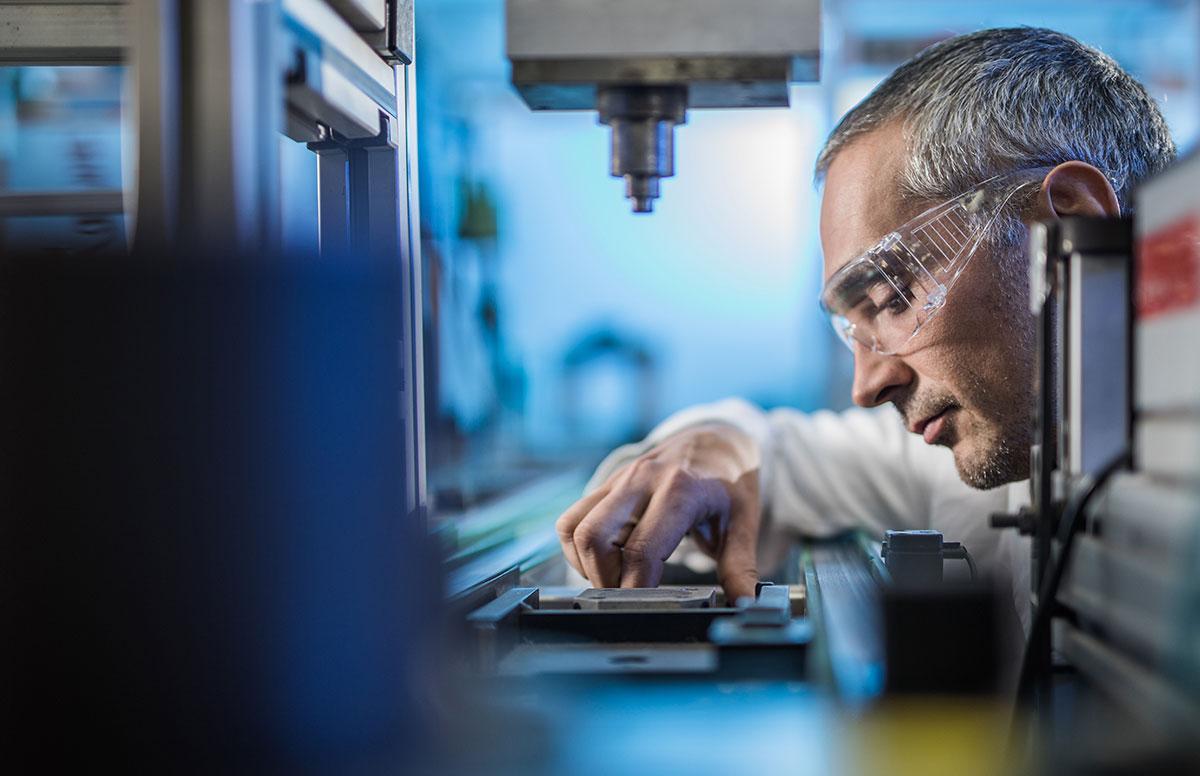Earlier this month, the Global Innovation Policy Center (GIPC) released their annual International Intellectual Property (IP) Index. Now in its 7th edition, the 2019 IP Index tells a largely positive story, in which IP pushes society toward a better tomorrow; however, the report also underscores dangerous threats to innovation in certain nations, such as the proposed Supplementary Protection Certificate (SPC) waiver in Europe.
The centerpiece of GIPC’s IP Index is its annual rankings, in which IP ecosystems in 50 global economies are scored on a scale of zero to 100. While the rankings of the top 20 countries remain largely unchanged from last year, substantial movement in some low- and middle-income countries demonstrates that the value of global cooperation towards innovation and progress is being recognized—and rewarded. For example:
- India climbed eight places in the rankings, from 44th in 2018 to 36th in 2019. Despite broader challenges with patent enforcement and protection, India’s government took initial steps to align their domestic IP environment with global standards and processes.
- Mexico climbed two places, from 24th in 2018 to 22nd in 2019, driven in part by research and development (R&D) tax incentives and their status as a party in the potential U.S.-Mexico-Canada Agreement (USMCA). The report notes that if the USMCA were implemented in full, the IP provisions included in the agreement would substantially boost Mexico’s IP environment and Index score.
- In South America, both Argentina and Brazil rose in the rankings by six and two spots, respectively. Improvements mainly resulted from Brazil’s new programs and incentives to help innovators create and register IP assets, and Argentina’s government reforms to streamline the patent process, increase international cooperation on IP, and strengthen transparency and stakeholder engagement.
What’s at risk from the SPC waiver? Innovation that has fostered entrepreneurship and progress for over a century and will continue to inspire a better tomorrow for decades to come – as the International IP Index demonstrates.
Unfortunately, as the report illustrates, the positive narratives are often thwarted by anti-innovation developments, such as in Europe. Of most concern is the joint European Council, Parliament and Commission agreement that would provide generic and biosimilar manufacturers with an SPC manufacturing waiver for stockpiling and exportation purposes during an innovative medicine’s patent term.
European legislators recently reached a provisional agreement that would be potentially crippling for European innovation. The SPC manufacturing waiver would put the innovative biopharmaceutical industry – one of Europe’s biggest success stories – at an unfair competitive disadvantage by suddenly and drastically weakening IP protection on innovative medicines. European SPCs are important incentives for R&D investment into highly-risky, life-changing and life-saving biopharmaceutical and biomedical advances.
What’s at risk from the SPC waiver? Innovation that has fostered entrepreneurship and progress for over a century and will continue to inspire a better tomorrow for decades to come – as the International IP Index demonstrates. By allowing the manufacture and stockpiling of medicines under patent by other companies that do not hold the patent, European countries such as France, Germany and Italy could throw their history of biopharmaceutical innovation off the ledge.
Europe should take a page out of the GIPC’s International IP Index to help them align with the global IP ecosystem and vote “no” on the SPC waiver. Europe should be a leader among advanced economies, not fall behind the pack. Before European Parliament formally adopts the legislation next month, they should fully consider the unintended consequences, future incentives for innovation, and patients living with unmet medical needs.


